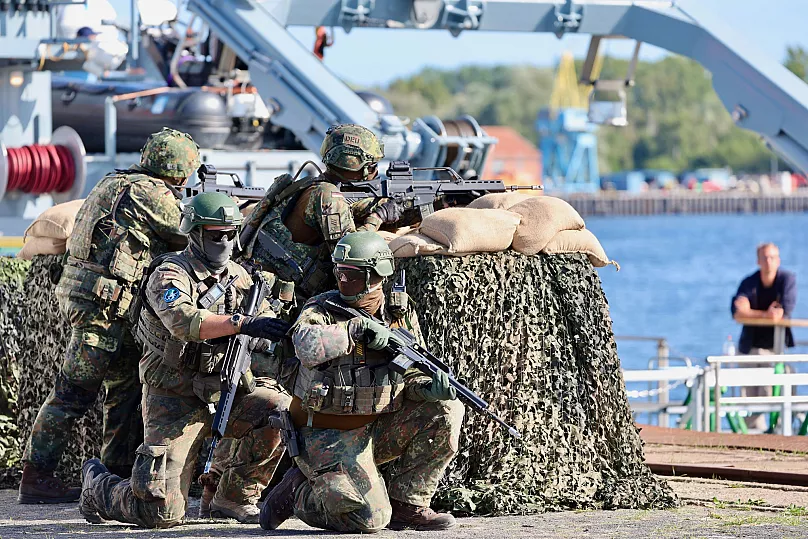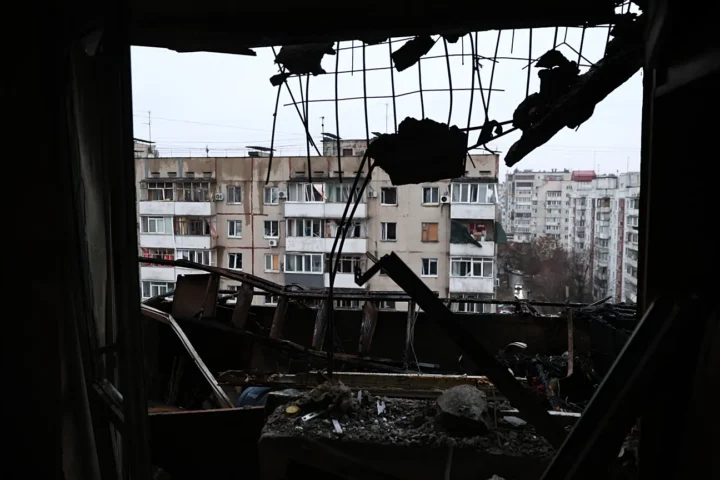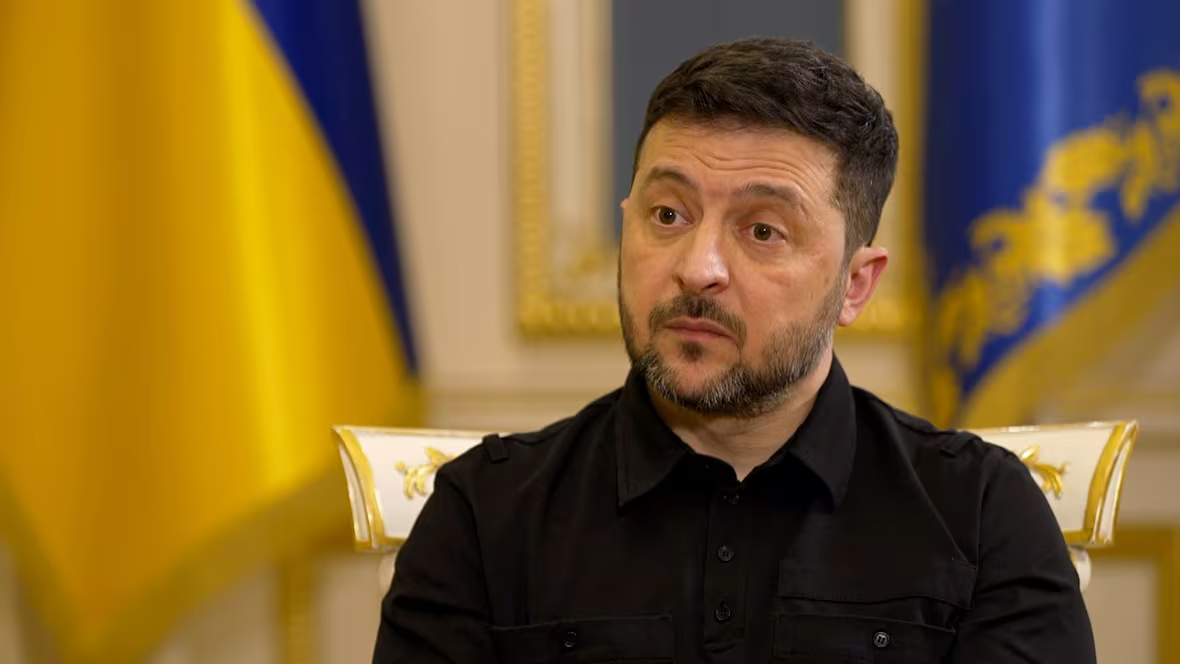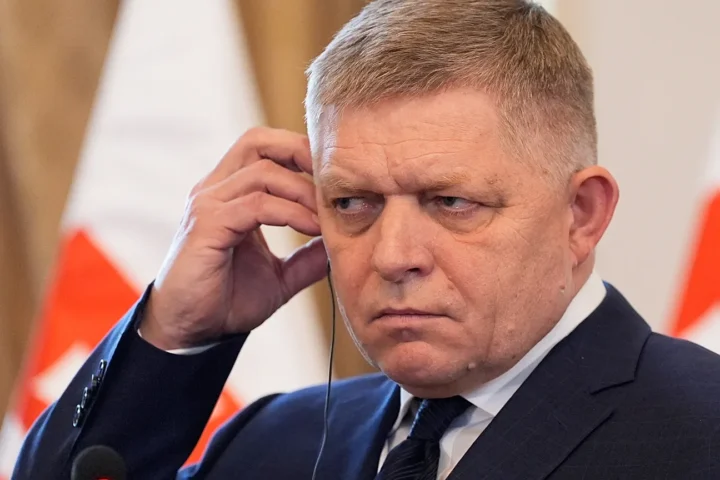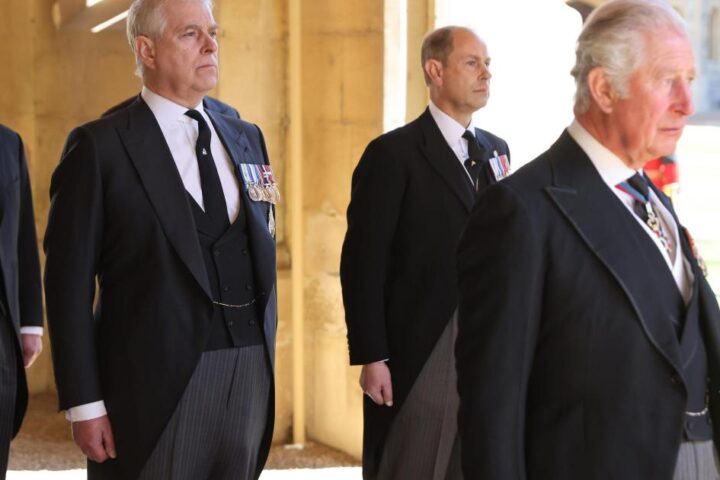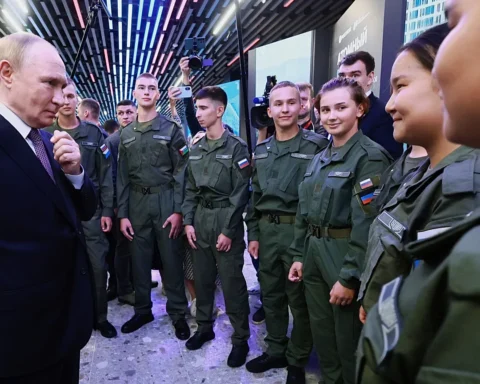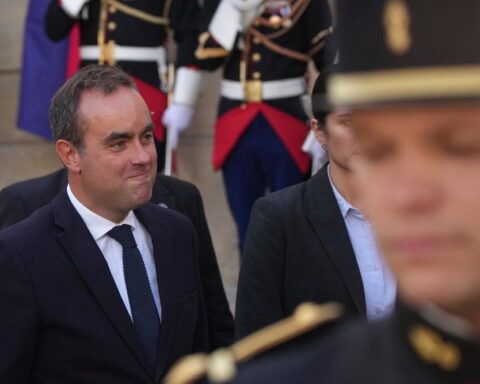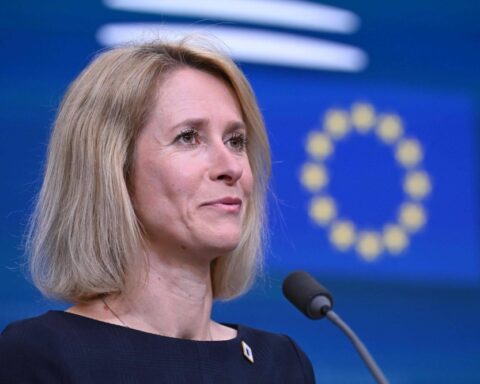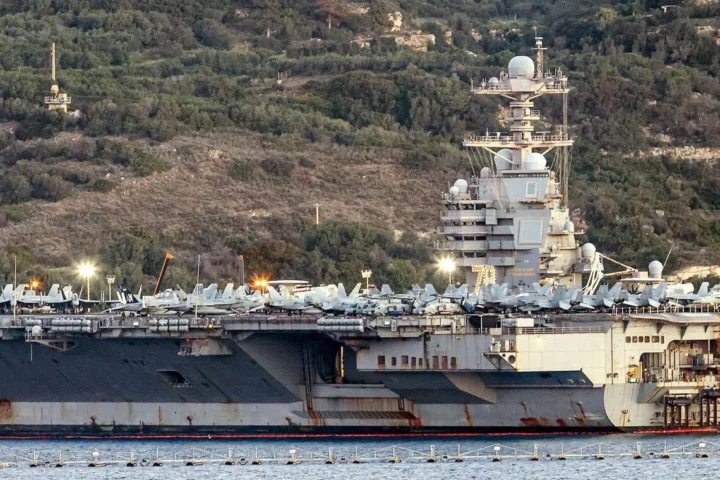Germany has assumed a central role in a new series of joint military exercises across the Baltic Sea region, underscoring NATO’s commitment to strengthening its defenses amid growing unease over Russia’s military posture in Eastern Europe. The drills, involving thousands of troops and a wide array of air, land, and naval assets, signal both deterrence and solidarity among allied nations.
A Show of Force in the Baltic
The large-scale exercises, taking place in and around the Baltic Sea, involve Germany, Poland, the Baltic states, and several other NATO members, including the United States. Training operations will cover amphibious landings, air defense, cyberwarfare readiness, and naval coordination.
Berlin’s leadership of the drills highlights its expanding military role within Europe, at a time when the continent is confronting the most serious security crisis since the Cold War. “These exercises are not just symbolic—they are a clear message that NATO is united and ready,” said German Defense Minister Boris Pistorius.
Russia’s Shadow Looms Large
The backdrop to these maneuvers is Russia’s ongoing war in Ukraine and its increased military activity near NATO borders. Moscow’s frequent aerial incursions into Baltic airspace, along with the reinforcement of Russian forces in Kaliningrad—a heavily militarized exclave on the Baltic Sea—have heightened security concerns in the region.
NATO officials emphasize that the drills are defensive in nature, but they are widely seen as a deterrent to potential Russian aggression. “Our aim is stability,” said a NATO spokesperson, “but we will not hesitate to defend every inch of allied territory.”
Germany’s Expanding Role in Europe’s Defense
The exercises also mark a turning point in Germany’s defense policy. Historically cautious in military engagement, Berlin has significantly increased defense spending since Russia’s invasion of Ukraine, committing to modernizing its armed forces and supporting NATO operations.
Germany has also taken steps to permanently station troops in Lithuania, bolstering NATO’s eastern flank. Military analysts say these moves illustrate Germany’s transformation from a reluctant partner to a key pillar of European security.
Baltic States Welcome Support
For Estonia, Latvia, and Lithuania—three small nations with direct borders or proximity to Russia—the presence of Germany-led drills offers reassurance. Leaders from the Baltic states have repeatedly called for stronger NATO commitments, warning that Russia’s long-term ambitions may extend beyond Ukraine.
“Deterrence is only effective when it is visible and credible,” said Latvian President Edgars Rinkēvičs. “Germany’s leadership in these drills demonstrates that we are not alone.”
Looking Ahead
The Baltic Sea, once considered a relatively quiet NATO frontier, has become a central stage for geopolitical competition. Sweden and Finland’s recent NATO accession has further reshaped the strategic landscape, giving the alliance greater reach in the region and complicating Russia’s military calculus.
As the exercises continue, the message is clear: NATO allies, led in this case by Germany, are determined to strengthen their collective security. While the drills may provoke sharp rhetoric from Moscow, Western officials argue they are essential to ensuring peace in Europe’s northeast corner.
The Bottom Line
Germany’s leadership in the Baltic military exercises marks a pivotal moment for European defense. With Russia’s war in Ukraine showing no signs of abating, NATO’s resolve is being tested. By stepping up militarily, Germany is not only reinforcing the alliance’s deterrence strategy but also reshaping its own role on the continent—emerging as a front-line guarantor of European security.
